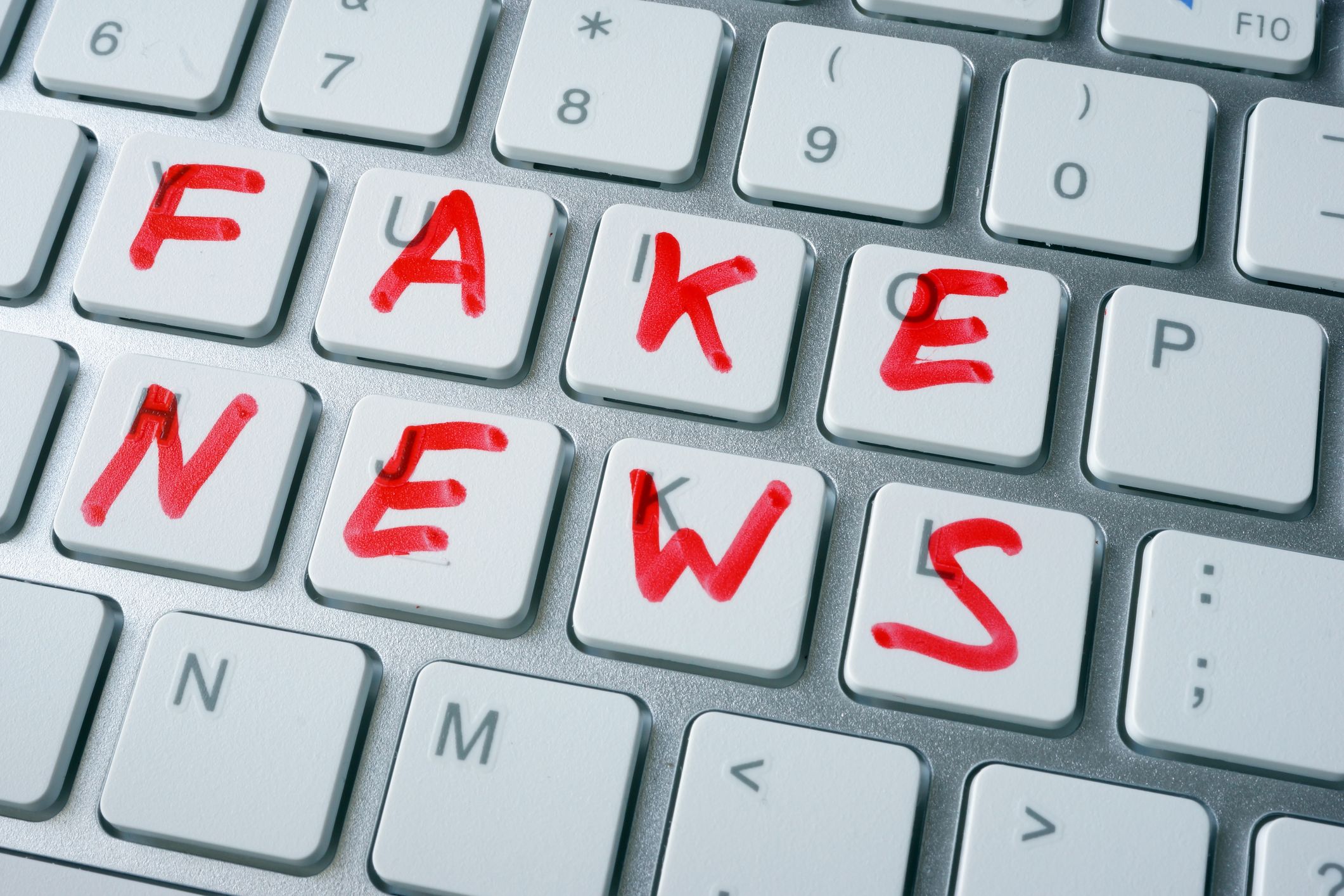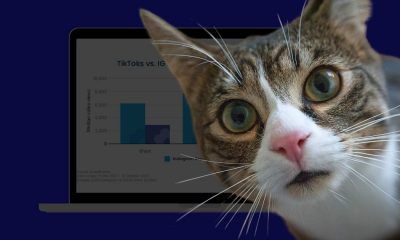SOCIAL MEDIA NEWS
Scientists claim online game ‘vaccinates’ players against fake news
[ad_1]
Designer491 | Getty Images
An online simulation aimed at increasing resistance to disinformation has been dubbed a “fake news vaccine” by academics.
According to a study published on Tuesday by the University of Cambridge, playing the gamified simulation increases “psychological resistance” to fake news.
In February last year, researchers launched the online game “Bad News.” The game – which takes around 15 minutes to complete – has since been played by thousands of people, with scientists analyzing data from 15,000 players.
The aim of the game is to stoke fear and anger by manipulating news and social media, using techniques such as deploying Twitter bots, impersonating a trusted figure or organization, photoshopping evidence, and inciting conspiracy theories to attract followers. Players are challenged to spread disinformation without damaging their “credibility score.”
‘Inoculation’ benefits
Researchers asked participants before and after gameplay to rate the reliability of various headlines and tweets, allocating each player a random mixture of real and fake news.
They found that users were 21% less likely to believe fake news after completing the game. Playing “Bad News” made no difference to how users ranked real news, according to the study.
It also showed that those who were most likely to believe fake news headlines at the outset were the people who benefited most from the “inoculation.”
Players can earn six badges in the game, each of which reflects a common strategy used in the spreading of fake news: impersonation, conspiracy, polarization, discrediting sources, trolling, and emotionally provocative content. Four of those six methods were measured by scientists to find out which tactics were most responsive to the “vaccine.”
Analysts found that impersonating trusted personalities on social media was 24% less effective on people after they had played the game. Deliberately polarizing headlines were 10% less effective on those who had completed the game, while “discrediting tactics” – attacking a legitimate source with accusations of bias – were 19% less effective following gameplay.
Meanwhile, conspiracy theories that blamed secret groups for world events were perceived as 20% less reliable by gamers after they had played “Bad News.”
Dr Sander van der Linden, director of the Cambridge Social Decision-Making Lab and a co-author of Tuesday’s study, said in a press release that researchers wanted to expose people to a “weak dose” of the methods used in disinformation campaigns so people could understand how they might be deceived.
“This is a version of what psychologists call ‘inoculation theory’, with our game working like a psychological vaccination,” he said. “We find that just fifteen minutes of gameplay has a moderate effect, but a practically meaningful one when scaled across thousands of people worldwide, if we think in terms of building societal resistance to fake news.”
Co-author Jon Roozenbeek added: “We are hoping to create what you might call a general ‘vaccine’ against fake news, rather than trying to counter each specific conspiracy or falsehood.”
WhatsApp game
Cambridge researchers worked with Dutch research firm DROG and design agency Gusmanson to develop the game.
Facebook-owned WhatsApp has commissioned the researchers to create a new game for the messaging platform, and the creators have also worked with the U.K.’s Foreign Office to translate “Bad News” into nine different languages, including German, Polish and Greek.
Academics have also created a junior version of the game for children between the ages of eight and ten, which is available in ten languages so far.
Despite data showing the game could help reduce the success of disinformation campaigns, the study’s authors noted that the first set of results had limitations. Data came from people who came across the game online and chose to play it, so was skewed toward younger, male, liberal and more educated demographics.
However, researchers found that the game has an almost equal impact on players regardless of education, gender and political beliefs. The game aims to overcome political biases by giving players a choice to create fake news from the left and right of the political spectrum.
‘Public harm’
Earlier this month, a study by the Pew Research Center found that half of Americans now view fake news as a bigger threat to their country than terrorism. The research also showed that fake news and disinformation had hurt confidence in government institutions among 70% of Americans.
Meanwhile, in a British study published in May, more than 40% of social media users who shared articles online confessed to passing on fake news. Almost one in five said they did so deliberately to upset others.
In February, the European Union (EU) said in a statement that social media has “accelerated the spread of rumours, hoaxes and conspiracy theories,” with non-state and state actors using disinformation to intentionally deceive the public and cause public harm.
According to the EU, viral false news across the political spectrum received more engagement on Facebook than real news in the run-up to the 2016 U.S. presidential election. The EU also noted that Russian accounts posted more than 45,000 Brexit messages in the final 48 hours of the Brexit campaign.
On Monday, Facebook’s vice president of global affairs and communications Nick Clegg told the BBC there was “no evidence” Russia used the social network to spread misinformation and influence the Brexit vote.
[ad_2]
Source link













